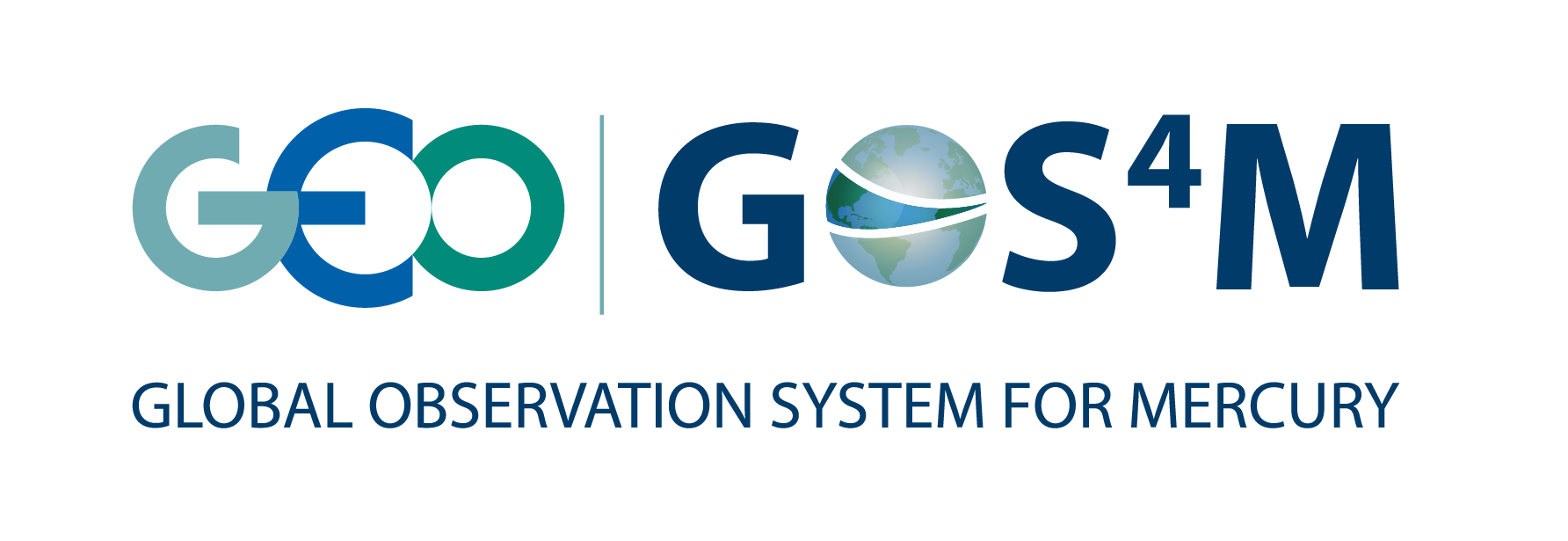Engagement with relevant user communities and other stakeholders is of crucial importance for this Flagship, making sure its objectives are in tune with the real-world problems and its results provide adapted solutions.
GOS4M will share the outcomes, lessons learned and conclusions from a series of roundtable meetings designed to identify stakeholder needs and promote collaboration between science and policy. The roundtables will seek to build up a stakeholder dialogue with exemplary sector-specific user communities to incorporate feedback loops for the products.
The collection of roundtable reports will provide a summarized overview of shared experiences gained in the workshops that will be organized. The roundtable reports will provide insights and exchange of ideas on highly relevant issues concerning policy, citizen science and local/regional stakeholders and its networks. Reports will be made available to the wider community.
GOS4M will continue to contribute in different steps to the policy implementation and evaluation process. Main foreseen contributions are:
- To provide up-to-date information on mercury concentrations in the atmosphere,
aquatic and terrestrial ecosystems; - To maintain the Spatial Data Infrastructure and support the implementation in the GEOSS Common Infrastructure;
- To support nations to develop and/or improve their national network on Hg;
- To facilitate capacity building and transfer of knowledge to developing countries;
- To cooperate with UN Environment, governments, NGOs and stakeholders to better assess and evaluate the
effectiveness of measures taken to achieve the target set by the Minamata convention.
